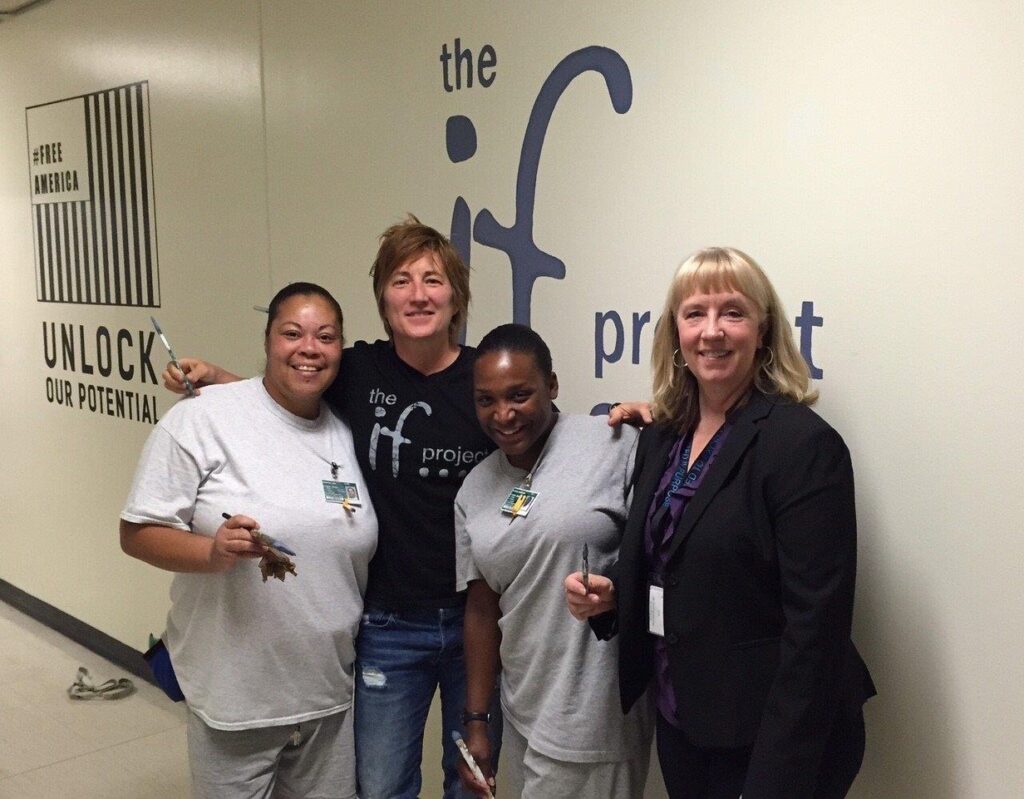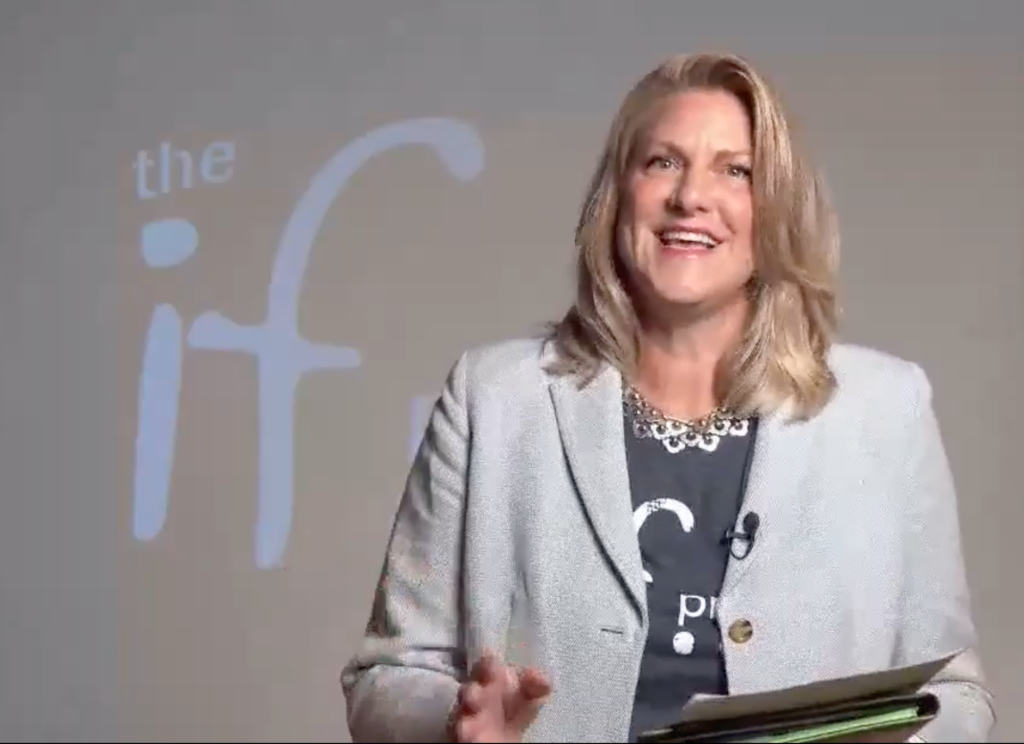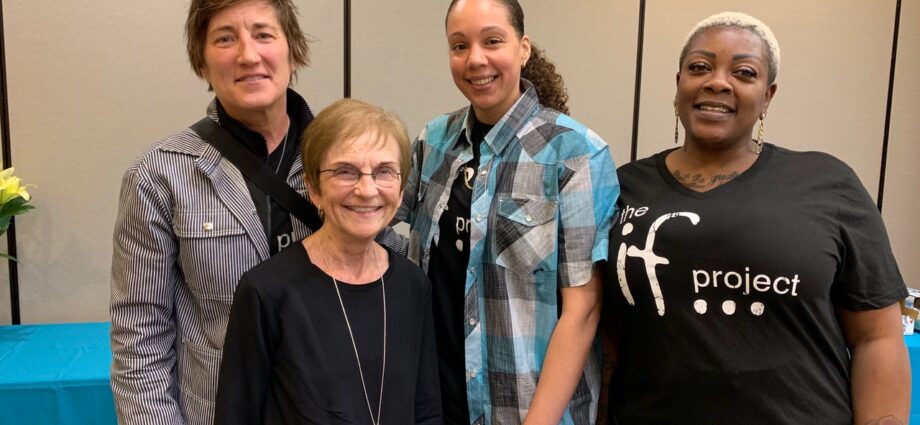Today in America, women are currently being incarcerated at twice the rate of men, with devastating impacts on families and communities. According to The Prison Policy Initiative, more than 80 percent of these women are mothers or pregnant when admitted.
When a woman is removed from her home and enters the criminal justice system, an entire community is affected – her children are more likely to drop out of school, positive health outcomes decrease, and fragile economic situations often become dire. These negative cycles fuel homelessness and trauma, increased rates of youth criminality and incarceration, and contribute to disparities that are difficult—even impossible—to overcome.
According to the Sentencing Project, one in 111 white women will spend time in prison, for Latina women this likelihood is increased to one in 45 and for Black women 1 in 18. Although Black Americans make up only 13 percent of the population, they account for 40 percent of the incarcerated population. A staggering 80 percent of these same women are themselves victims of crime, many at a young age. With growing awareness that mass incarceration is both ineffective, costly, and perpetuates family and social disruption, it’s clear we need changes to our criminal justice approach.


The disproportionate growth of women entering our criminal justice system is not only an alarming trend but is largely disregarded and unaddressed. The IF Project, a Seattle-based non-profit, recognized this trend and began an innovative criminal justice rehabilitation program in 2008 when Seattle Police Officer, Det. Kim Bogucki (IF Project Co-Founder) visited Washington Correctional Center for Women (WCCW) to talk with mothers who were serving time. The goal of that original conversation was to get the women’s daughters connected to the Girl Scouts “Beyond Bars” program. What came from that conversation was a simple question that is now the cornerstone of IF’s work: “If there was something someone could have said or done to change the path that led you here, what would it have been?”
This question led Renata Abramson, a former inmate and Co-Founder of IF, to encourage her fellow inmates to respond to the question through essays. The next time Det. Bogucki returned to WCCW, she was surprised to find that Abramson had gathered nearly 20 essays from fellow inmates answering the IF question. Renata not only shared these women’s stories with Det. Bogucki but also ignited a reaction that was the impetus for The IF Project.
Over its 12-year history, The IF Project has taken the answers to that initial question and grown into a collaboration of current and previously incarcerated adults, law enforcement, and community partners focused on intervention, prevention and reduction in incarceration and recidivism. IF’s work is built upon–and inspired by–people sharing their personal experiences surrounding the issues of incarceration.
The IF Project has helped shape programming through tapping into the lived experiences and working with these amazing and resilient women by answering the “IF” question. This type of collaboration has helped build not only trust, but created tools and curriculum for women, young people and their families that includes; early intervention, life skills, mentoring and crime prevention programs. By providing hands-on training and preparation for women leaving incarceration, The IF Project has helped ease the transition back into family, community, and employment.
“To truly interrupt the cycles that lead to criminal behavior, we must change our entire culture and our approach to the justice system,” said Andrea Anderson, Executive Director of The IF Project. “There needs to be changes to our sentencing laws, availability of mental health services, innovations in drug court interventions, and funding to bring programs like IF to scale—in Washington and throughout the nation.”
Anderson added, “The path to reentry should begin at sentencing and that is where IF fills the gaps. There are factors that differentiate why women are incarcerated versus men. We recognize the importance of being gender responsive and trauma informed, and we work with each woman to provide them with the individualized support and education they need as they transition through their sentence and home to their families.”
IF entered into its next stage of growth and evolution in late 2019, which included the hiring of Anderson, its first-ever Executive Director. Anderson brings more than 20 years of nonprofit leadership, including fundraising, Board development, community & program planning, all with a focus on social justice and a lens of racial equity.
IF is poised to grow it’s cutting-edge youth programs, early intervention, and crime prevention programs. Since early March 2020, IF has been serving work-release residents at the Department of Corrections Helen B. Radcliff House (HBR) in King County with virtual workshops – partially funded through a Seattle Police Department Bureau of Justice Women’s Re-Entry Grant. This is the first project of its kind in Washington state, providing training, classes, family visits and virtual programming that is beneficial to all its residents. IF is currently serving more than 750 women and young people with workshops, mentoring, employment training, connecting them to stable housing, and providing case management upon release.
“The IF Project is committed to projecting a stronger voice for public education on how our criminal justice system is failing vulnerable populations, especially women,” said Anderson. “Looking at how we can take positive steps in our approach to law enforcement, to end the school-to-prison pipeline and give women and young people help and alternatives to sentencing that rebuilds lives and confidence.”
Anderson added, “We envision a world without mass incarceration and the impacts it creates. A world where our communities provide pathways to equitable opportunities, where we are all valued, and are free to explore who we want to become.”
If you would like to learn more about The IF Project, watch the documentary, or donate to The IF Project, please visit www.theifproject.org.

